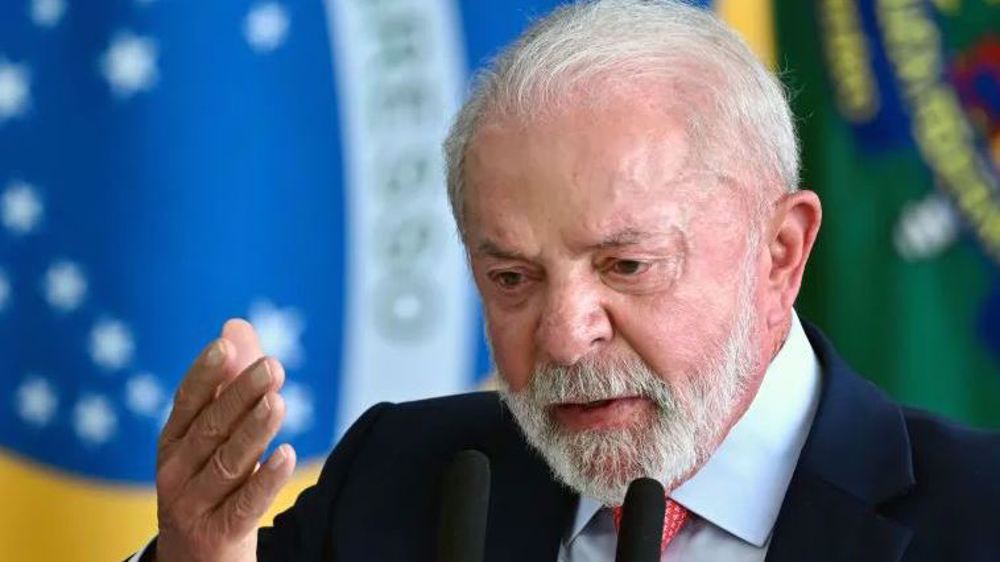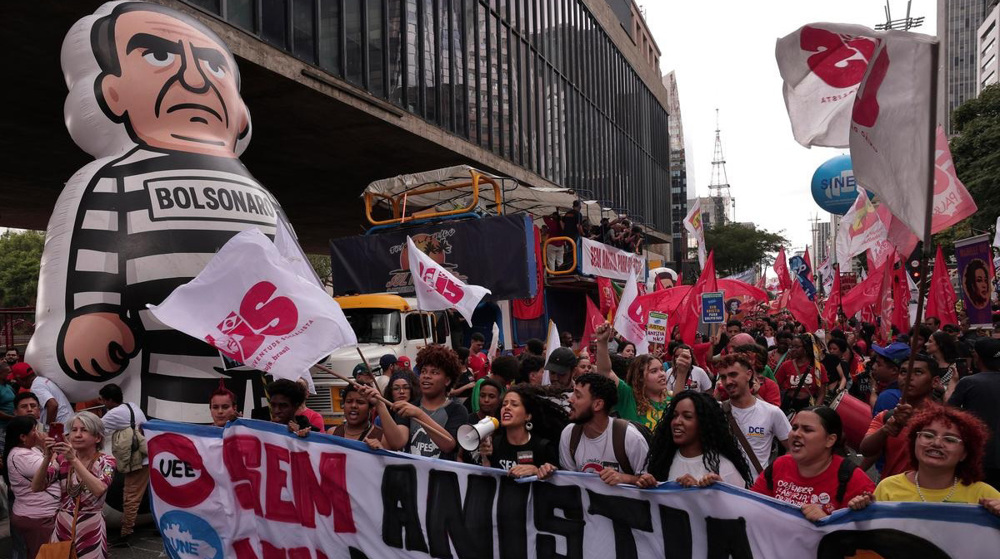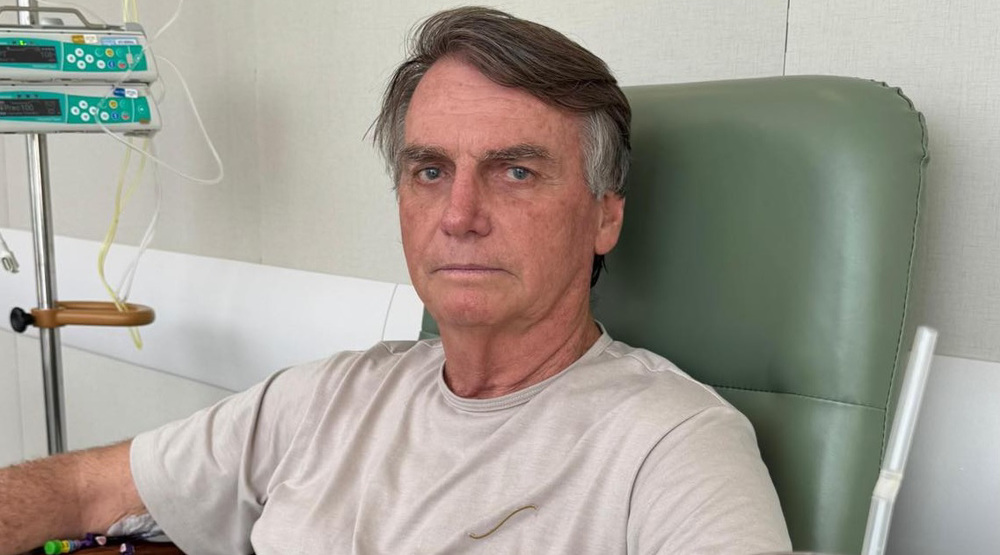Rousseff in Senate for last bid to thwart ouster
Brazil’s suspended president, Dilma Rousseff, will present her testimony to the Senate on Monday in the ending chapter of her impeachment saga.
Rousseff, who is Brazil's first female president and is under trial by the Senate for allegedly breaking budget laws, is being portrayed as the source of the country’s political crisis and ailing economy.
Her ruling Workers Party’s alleged role in a huge corruption scandal at the state-run energy company Petrobras has damaged Rousseff, plunging her popularity since she was re-elected in 2014.
Rousseff, however, sees herself as innocent, calling the impeachment trial a test of democracy and a “coup” effort against her leftist government by capitalist elements in the country.
Her long-time political mentor and former president Luiz Inacio Lula da Silva, the founder of the Workers Party, and 20 of her former Cabinet ministers will accompany her to the Upper House.
Rousseff’s allies believe she is being made a scapegoat by the country’s corrupt politicians implicated in the Petrobras scandal, who are spread out in all of Brazil's power bases, including the Senate.
They believe the impeachment of Rousseff is a bid to muddy the waters and create confusion about the Petrobras scandal.
In Monday’s Senate session, the 68-year-old former member of a left-wing guerrilla group is expected to outline her lifetime struggle for democracy as proof of her integrity.
"She will appeal to undecided senators to respect democracy and stop the coup that is under way," a spokesman for Rousseff told media about the contents of her testimony.

If a two-third majority in Senate see Rousseff as unfit to govern the country, her vice president, 75-year-old Michel Temer, will be sworn in to serve out the rest of her term through 2018.
"We need 54 votes, and we expect to get at least 60," Temer's press spokesman, Marcio de Freitas, told media.
Senate’s final vote is expected to come out on Tuesday or Wednesday.
VIDEO | Mexico’s historic battle reenactment draws over 200,000 visitors
'ICE-style enforcement': nearly 70 groups slam EU migration policy
Araghchi holds key meetings in Geneva ahead of indirect Talks with US
Iran to hold 40th day commemoration for martyrs of terrorist riots
VIDEO | Pushing for peace
VIDEO | Iran-US nuclear talks in Geneva
Lebanon’s parliament speaker urges pressure on Israel to stop ceasefire violations
UK government asked not to release Mandelson emails on Epstein: Report















 This makes it easy to access the Press TV website
This makes it easy to access the Press TV website